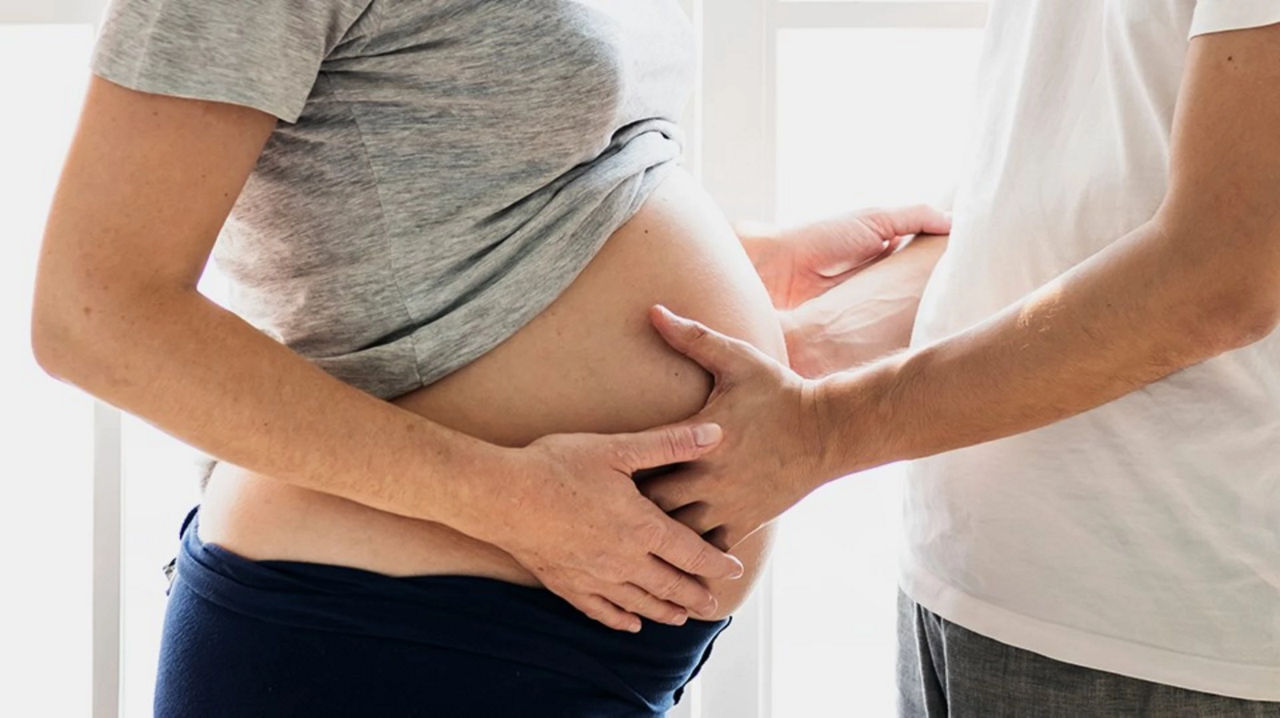Ovulation and conception usually occur about two weeks after the first day of your period, and the average pregnancy lasts between 37 and 42 weeks.
Using this information, along with the average length of your menstrual cycle, we’re able to calculate your estimated due date using our due date calculator.
Why not give it a try?




